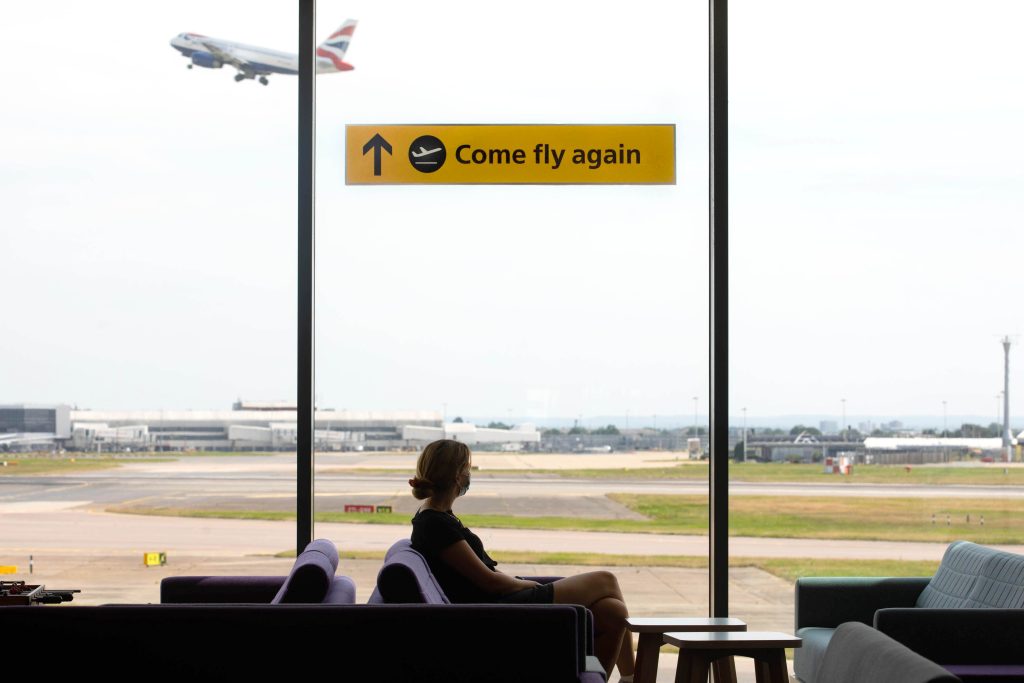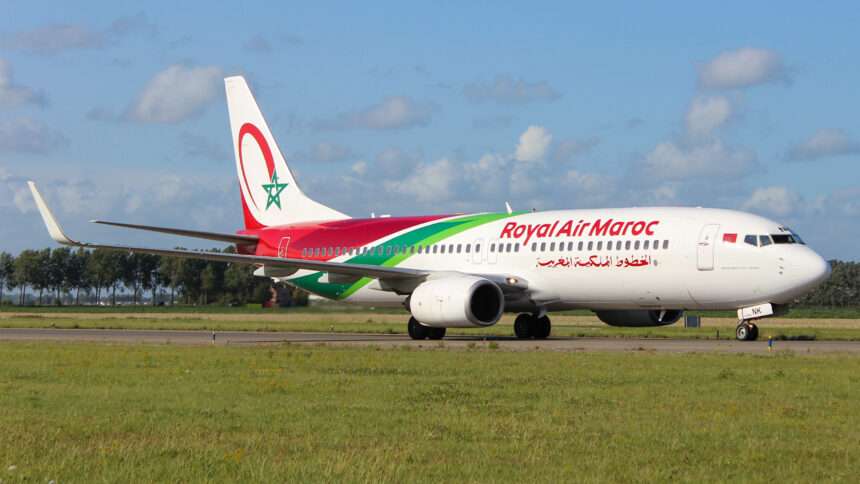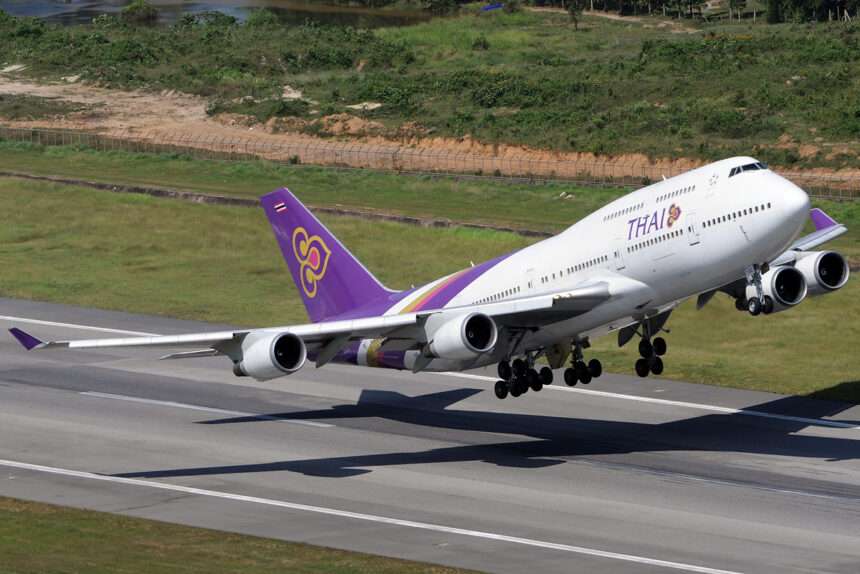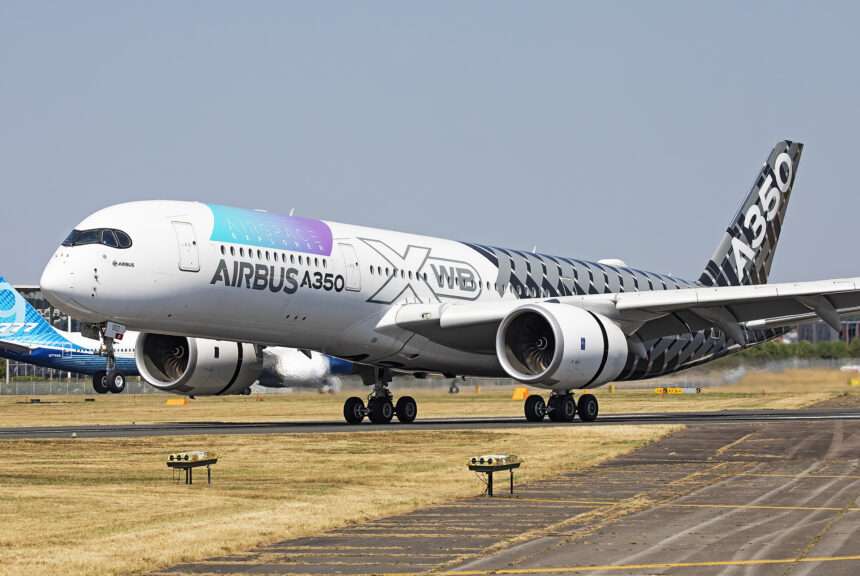LONDON – The UK Civil Aviation Authority (CAA) has today issued its decision on an interim price cap on how much Heathrow Airport LTD can charge its airline customers for 2023.
What is the Price Cap?
The London Heathrow ticket price cap is a daily limit on the amount that airlines can charge for tickets departing from the airport.
The purpose of the cap is to protect consumers from being gouged by airlines during periods of high demand.
Part of the CAA’s role is to ensure that Airlines and Airports are not able to freely apply prices and costs to the consumer.
While airlines are able to freely rise and lower the cost of their tickets, the CAA ensures that it is not being done without any real justification.
The decision to apply interim price controls at London Heathrow airport has been made following careful consideration following consultations on proposals back in December 2022.
Under this new interim price cap, the ticket price will be locked in a £31.57 per passenger, which the CAA says is in line with its H7 Final Proposal (FPs), which were released in June 2022.
A full breakdown of how the price cap works can be found in the CAA’s public document CAP2515, which is due to be published in March.
Paul Smith, Consumer and Markets Director said: “We are implementing these licence modifications to protect consumers and to give certainty to the airport and airlines on the level of the price cap for 2023.”
Airport Slots Pressures & Recovery
In addition to the announcement of the ticket price cap for 2023 ensuring customers are protected from the airline issuing higher price tickets for last-minute flights, UK airports have told airlines it’s time to “use it or lose it” as it implements the 80:20 rule once again.
The 80:20 rule is a rule that stated an airline must use 80% of their slots for flights otherwise they must give the slot up, this is not something UK specific which has caused many concerns over recent years with airlines electing to operate “ghost flights” over the risk of losing their slots.
As airlines have been forced to cut back on their operations due to the coronavirus pandemic, a growing number of so-called “ghost flights” have taken to the skies.
These flights, which are typically operated by just a few crew members and carry no passengers, are used by airlines to keep their slots at busy airports.
While ghost flights may seem like a waste of resources, they can actually be quite beneficial for airlines. By operating these empty flights, airlines are able to keep their slots and avoid having them given away to other carriers. In some cases, airlines have even been able to sell their slots to other carriers for a profit.
Although ghost flights may be good for airlines, they’re not so great for airport infrastructure. These empty flights add extra wear and tear on runways and other airport facilities, while also contributing to noise pollution.
What’s more, they can make it more difficult for passengers who are trying to catch a flight as they add congestion to already busy airports.
This has seen some airlines expand into owning additional slots with the intention to be able to sell them off to other carriers above normal prices.
Pakistan International Airlines is an example of this, as the carrier recently announced it would be leasing its Heathrow Slots to other carriers while restrictions have stopped the carrier from operating its daily services to London Heathrow.
With the new price cap implemented and with a crackdown on the “ghost flights” surely due to arrive soon, the future continues to look bright for carriers and customers alike as the aviation industry continues to show signs that it will recover from COVID-19 long before 2025 like originally forecast.








